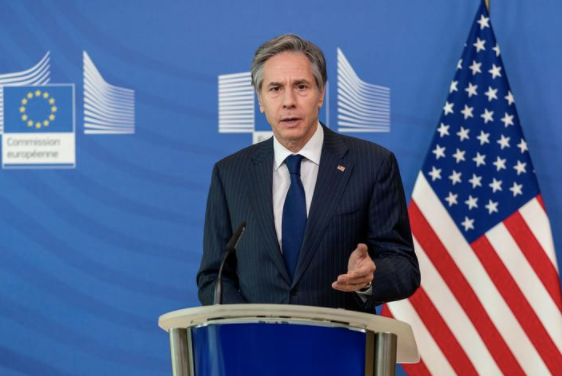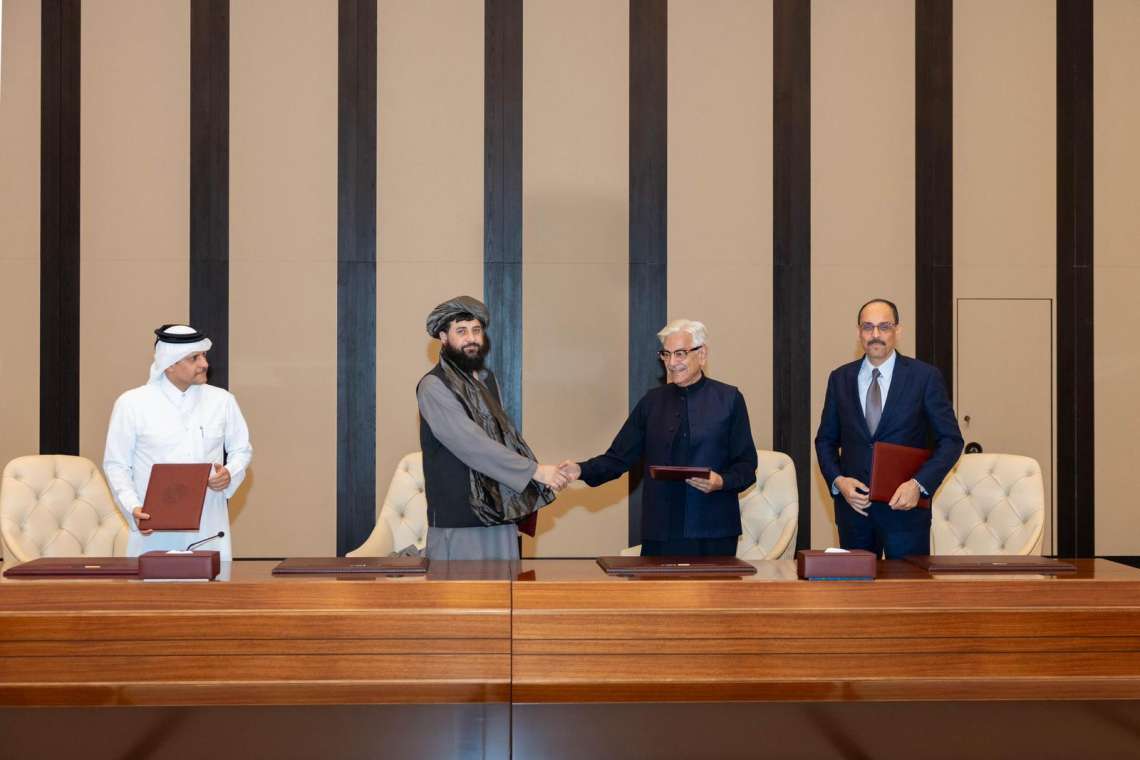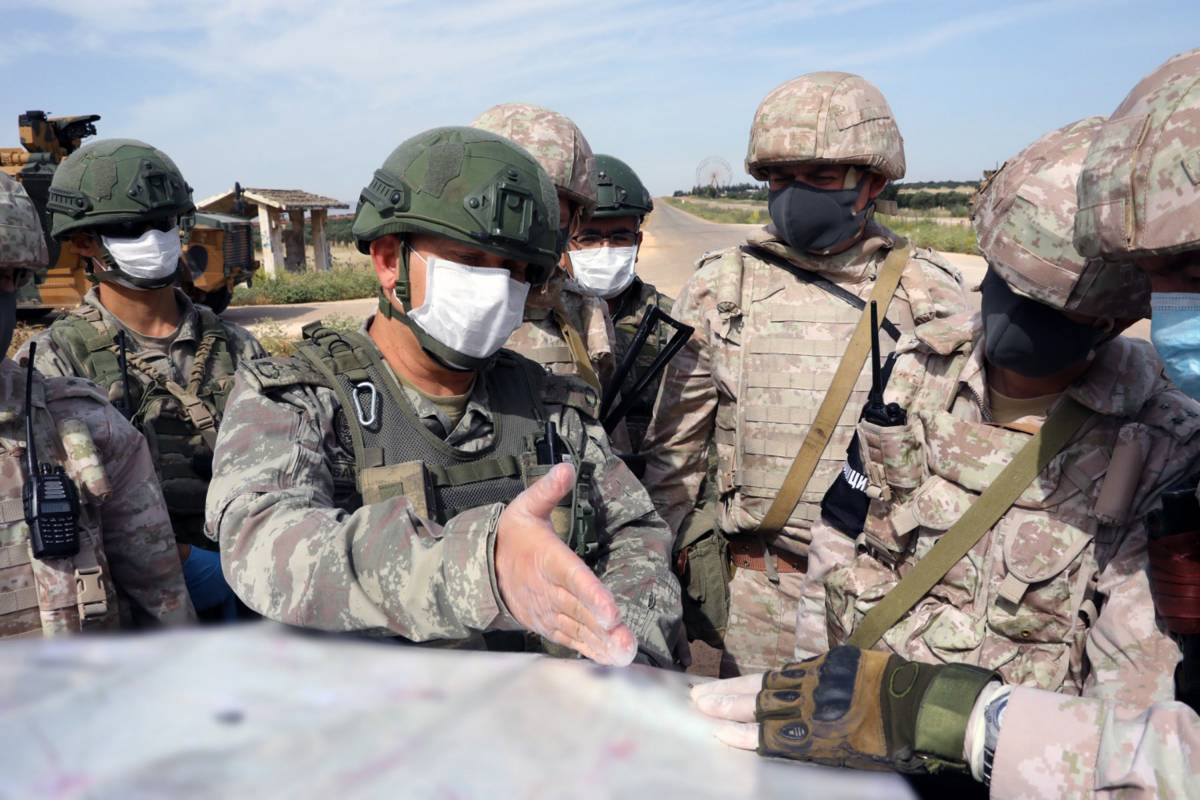State Department spokesperson Ned Price also indicated that US financial assistance to Afghanistan could only continue if the country has a government that is recognised by all…reports Asian Lite News
Amid intelligence reports that the current government in Kabul could collapse within six months after the American withdrawal, the US on Tuesday cautioned the Taliban that the world will not accept a government imposed by force in Afghanistan.
At a news briefing in Washington, State Department spokesperson Ned Price also indicated that US financial assistance to Afghanistan could only continue if the country has a government that is recognised by all, reported Dawn.
“The world will not accept the imposition by force of a government in Afghanistan,” said Price while referring to media reports about Taliban victories against the Kabul government. “You’ve heard this from Special Representative for Afghanistan Reconciliation Ambassador Zalmay Khalilzad; you’ve heard this from US Secretary of State Antony Blinken and from others.”
Earlier at the briefing, a journalist reminded Price that the terrorists have expanded their control over Afghanistan to more than 50 districts since President Joe Biden announced his plan to withdraw all US forces from Afghanistan by September 11, reported Dawn.
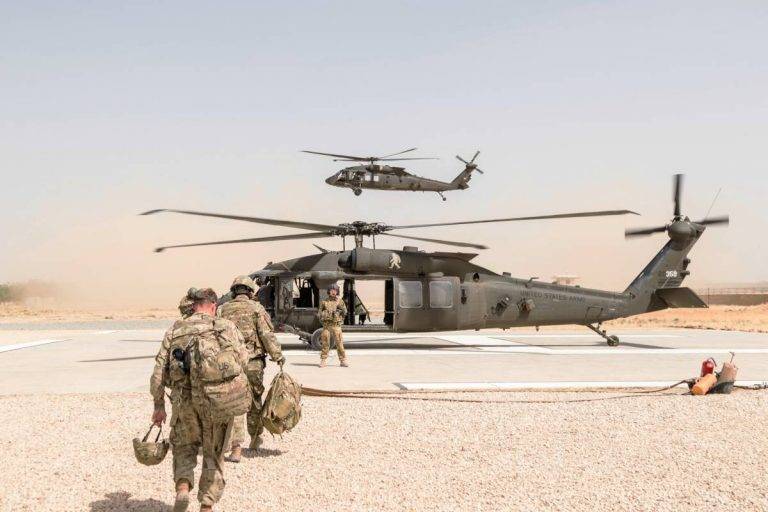
“Legitimacy and assistance for any Afghan government can only be possible if that government has respect for human rights if that government has credibility if that government has legitimacy, including in the eyes of its own people,” Price said.
According to the World Bank, Afghanistan’s structural trade deficit, equal to around 30 per cent of GDP, is financed almost entirely from grant inflows. Grants continue to finance around 75 per cent of public spending. Security expenditures too were high at around 28 per cent of GDP in 2019, reported Dawn.
The United States is the biggest aid donor, spending USD 35.5 billion last year, followed by Germany (USD 28.4 billion), Britain (USD 18.6 billion), Japan (USD 16.3 billion) and France (USD 14.1 billion).
Citing The Wall Street Journal, Dawn reported on Wednesday that the US intelligence community had informed the Biden administration that the government of Afghanistan “could collapse as soon as six months after the American military withdrawal” from the country.
“American intelligence agencies revised their previously more optimistic estimates as the Taliban swept through northern Afghanistan last week, seizing dozens of districts and surrounding major cities,” WSJ reported.
China wary of security vacuum
China is growing increasingly concerned over a security vacuum forming in Afghanistan as foreign forces withdraw from the war-torn country.
“China was a key beneficiary of the US force presence in Afghanistan, and that will soon become obvious. With the full withdrawal of US and NATO forces from Afghanistan, China will have to find a way to protect its own [counterterrorism] interests,” Nikkei Asia quoted Lisa Curtis, director of the Indo-Pacific security program at the Center for New American Security, a Washington-based think tank.
Last month, China blamed the United States’ “abrupt announcement of complete withdrawal of forces” for the succession of explosive attacks throughout Afghanistan, saying the step has worsened the security situation and has threatened peace and stability as well as people’s lives and safety in the war-torn country.
Analysts have said Beijing has more or less been ambivalent about Afghanistan, but the vacuum left by the US could require China to flex more diplomatic and interventionist muscle than it has typically displayed.
Amid the ongoing drawdown of US troops from Afghanistan, the country has seen a spike in the incidents of violence in recent weeks, leading to casualties of Afghan security forces and civilians.
Early this month, China, Afghanistan, and Pakistan met for their fourth official trilateral dialogue, pledging to strengthen economic, political, and security ties. The official statement following the meeting included a rejection of “double standards” in counterterrorism.
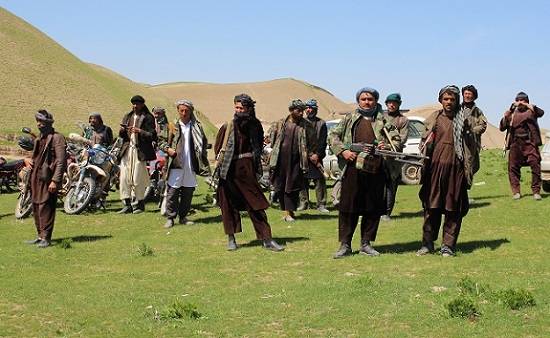
According to Nikkei Asia, Beijing is wary of the Taliban’s potential to harbor anti-Chinese extremist groups. Though China is not entirely comfortable with the Taliban, the pragmatic option may be to work with the group in the hopes of securing agreements to not harbour such extremists.
Following 9/11 attacks, counterterrorism was one policy area in which the U.S. and China were consistently aligned.
The original designation by the US of the TIP — then known as the East Turkestan Islamic Movement — was seen as a conciliatory move to get the Chinese on board with its war on terror.
The true threat posed at the time by extremist Uyghur groups, however, was minimal, said Andrew Small, a senior fellow at the German Marshall Fund, a think tank in the US capital.
“It was still very small in scale, barely existed at all. Not a real terrorist threat, inflated on the Chinese side, kind of to make a political point,” he said. (ANI)


